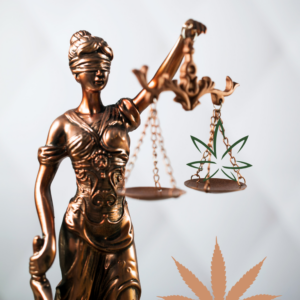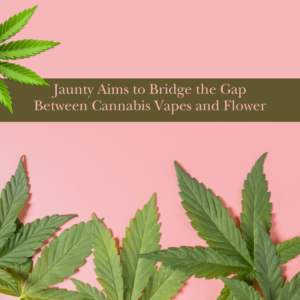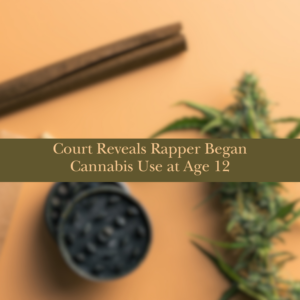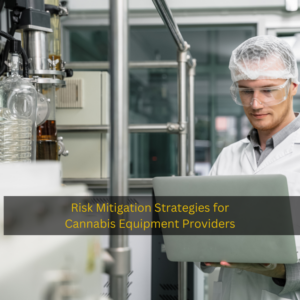4 in 5 Cannabis Businesses Seek Intoxicating Hemp Regulation

New Research Reveals Industry Perspectives on Regulating Intoxicating Hemp-Derived Cannabinoids
A recent study has revealed significant insights into how the cannabis and hemp industries view the regulation of intoxicating hemp-derived cannabinoids, such as delta-8, delta-9, and delta-10 THC, and hexahydrocannabinol (HHC). The findings indicate a divergence in opinion between these sectors, reflecting the complexities and challenges posed by these substances in the market.
Key Findings from the Study
The study shows a significant divide in opinion between the state-legal cannabis industry and the hemp industry regarding the regulation of intoxicating hemp-derived cannabinoids:
Cannabis Industry Perspective: A substantial 80% of participants from state-legal cannabis businesses believe that intoxicating hemp-derived cannabinoids should be regulated similarly to products sold in medical and adult-use cannabis markets. These respondents expressed concerns about consumer confusion and the potential threat these products pose to the regulated cannabis industry.
Hemp Industry Perspective: Meanwhile, 51% of respondents from the licensed hemp industry think that these cannabinoids should not be regulated in the same way as state-legal cannabis products. However, 46% believe that similar regulatory measures are necessary.
Industry Concerns and Opportunities
The study also highlights contrasting views on the implications of intoxicating hemp-derived cannabinoids for businesses:
Confusion and Threat Perception: Two-thirds (67%) of state-legal cannabis businesses feel that these cannabinoids are confusing to consumers, who may struggle to differentiate them from regulated cannabis products. Additionally, 52% of these businesses perceive them as a threat to the broader cannabis industry.
Opportunity Perception: Conversely, over half (51%) of licensed hemp businesses see intoxicating hemp-derived cannabinoids as an opportunity, both for individual businesses and the hemp industry as a whole. Only a minority (11%) view them as a threat to their own business, although nearly a quarter (24%) acknowledge a potential threat to the broader industry.
Regulatory Preferences and Actions
Regarding regulatory actions, the study found differing opinions on how state and local officials should handle the sale of intoxicating hemp-derived cannabinoids, especially in states where such products have been banned:
State-Legal Cannabis Businesses: A majority (56%) advocate for removing these products from retailers, with 41% supporting the shutdown of retail operations and 37% favoring legal actions like issuing citations.
Licensed Hemp Businesses: Over a third (35%) of respondents support legal action to remove products from retailers, while 30% prefer issuing citations. Notably, 22% believe no action should be taken against retailers in such cases.
Legislative and Market Implications
The debate over regulating intoxicating hemp-derived cannabinoids is part of a broader discussion on industry standards and consumer safety. With the growing popularity of these products, concerns about their unregulated status have intensified. This has led to a patchwork of state laws and potential federal regulations aimed at addressing issues like product testing, consumer confusion, and access restrictions.
The findings from this study underscore the need for clearer regulations and more comprehensive consumer education regarding intoxicating hemp-derived cannabinoids. As the cannabis and hemp industries continue to evolve, balancing market opportunities with consumer safety and industry integrity remains a critical challenge.











